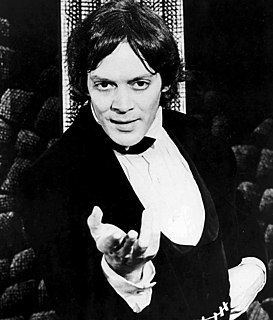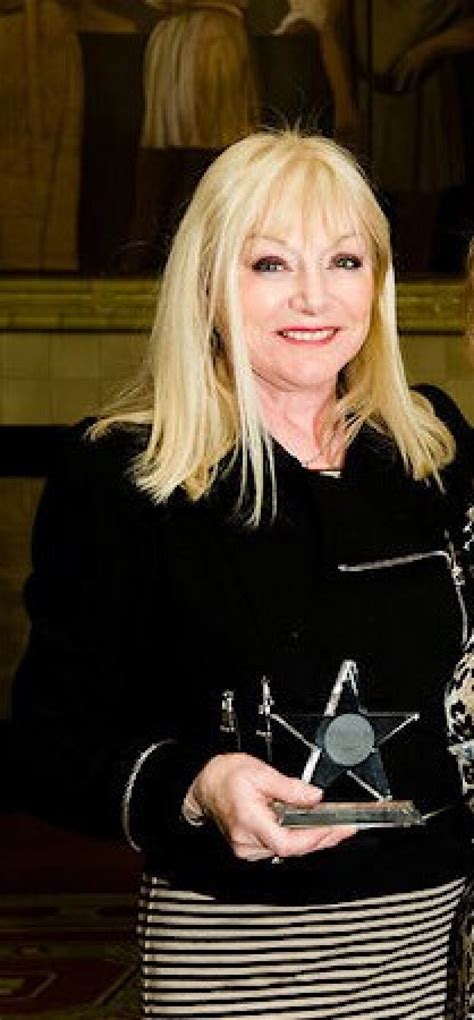A Quote by Michael Chabon
Moby Dick - that book is so amazing. I just realized that it starts with two characters meeting in bed; that's how my book begins, too, but I hadn't noticed the parallel before, two characters forced to share a bed, reluctantly.
Related Quotes
In 'Me Before You,' the two characters popped into my head fully formed, which is really strange and unusual. Other books, I sit on them for two or three months. I have a whole routine: I buy a nice book; I hand-write all their characteristics. I put them through little tests just to see how they would react to things.
Make sure your characters are worth spending ten hours with. That’s how long it takes to read a book. Reading a book is like being trapped in a room for ten hours with those characters. Think of your main characters as dinner guests. Would your friends want to spend ten hours with the characters you’ve created? Your characters can be loveable, or they can be evil, but they’d better be compelling. If not, your reader will be bored and leave.
We're at a point nowhere it has to change. We have characters that are not alive that are alive in the book. We have characters that never appeared in the book. We have a lot of events that didn't quite happen the same way in the book. But there's so much in the book, stuff we've passed in the timeline that I really thought was awesome, that I really wanted to get to.
The best morals kids get from any book is just the capacity to empathize with other people, to care about the characters and their feelings. So you don't have to write a preachy book to do that. You just have to make it a fun book with characters they care about, and they will become better people as a result.
It's funny what [producer Richard Zanuck said about even though you can't quite place when the book or the story came into your life, and I do vaguely remember roughly five years old reading versions of Alice in Wonderland, but the thing is the characters. You always know the characters. Everyone knows the characters and they're very well-defined characters, which I always thought was fascinating. Most people who haven't read the book definitely know the characters and reference them.
Go back and rid the word of that book. Fill it with words before spring comes, or winter will never end for you. And I will take not only your life for the Adderhead's but your daughter's, too, because she helped you bind the book. Do you undersand, Bluejay" Why two?" asked Mo hoarsely. "How can you ask for two lives in return for one?
People come, people go – they’ll drift in and out of your life, almost like characters in a favorite book. When you finally close the cover, the characters have told their story and you start up again with another book, complete with new characters and adventures. Then you find yourself focusing on the new ones, not the ones from the past.






































